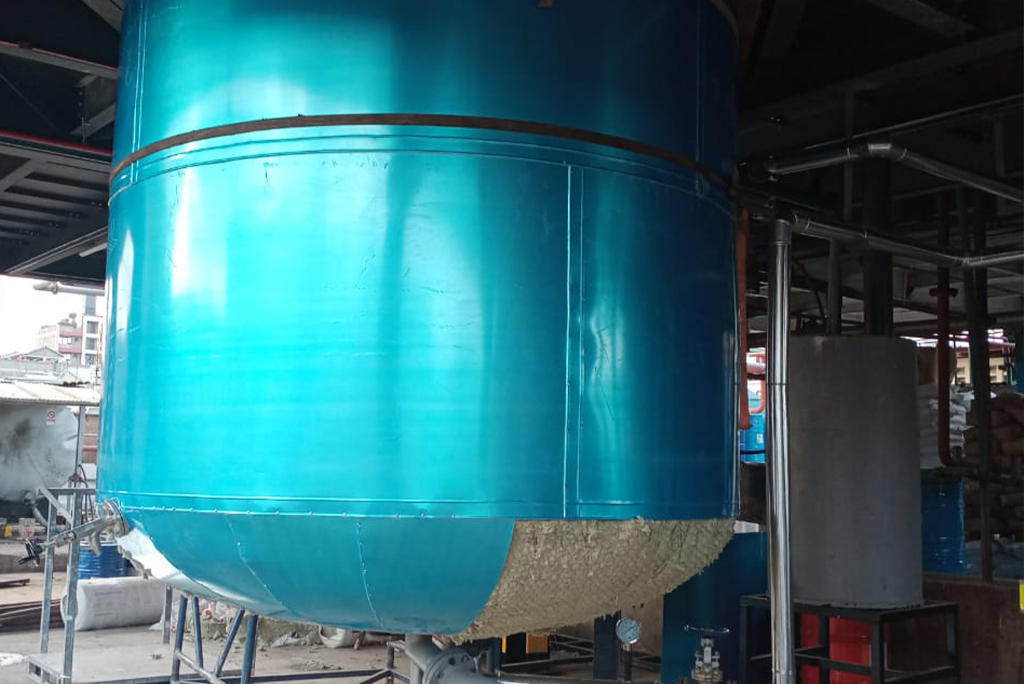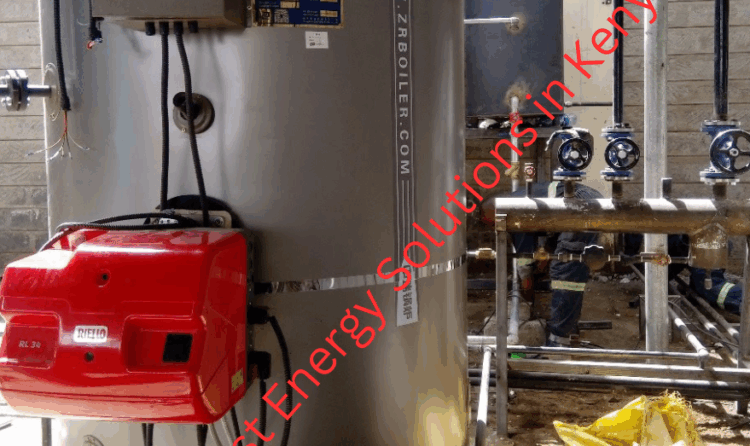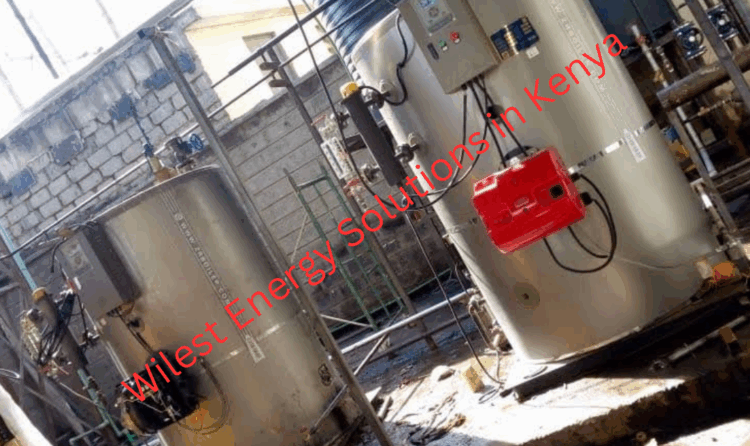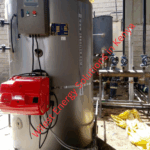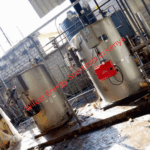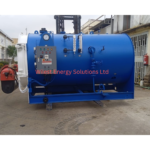Thermal insulation in industrial settings is an essential component in the design and construction of many industrial facilities. It is used to regulate temperature and conserve energy in a variety of industrial settings, including power plants, factories, and warehouses.
There are several types of thermal insulation materials available, each with their own unique properties and characteristics. Fiberglass is a popular choice because it is cost-effective and has a high thermal resistance, making it effective at regulating temperature. It is also resistant to moisture and does not support the growth of mold or mildew. However, fiberglass can be irritating to the skin and respiratory system, so it is important to use caution when handling it.
Mineral wool, made from natural rock and slag, is another popular thermal insulation material. It is fire resistant and has a high level of thermal resistance, making it an effective choice for use in industrial settings. It is also resistant to moisture and does not support the growth of mold or mildew. However, mineral wool can be more expensive than fiberglass and may be more difficult to work with due to its rigid nature.
Foam insulation, made from plastic or rubber, is also effective at regulating temperature and is often used in areas where space is limited. It is lightweight and easy to install, but it may not have the same level of thermal resistance as fiberglass or mineral wool.
In addition to regulating temperature, thermal insulation also helps to conserve energy by reducing the amount of heat that is lost or gained in a facility. This can result in significant cost savings, as industrial facilities often have high energy needs. For example, a power plant that uses insulation to reduce heat loss can save millions of dollars in energy costs each year.
The installation of thermal insulation is typically performed by trained professionals who have the knowledge and experience to correctly install the material. It is important to use the right type of insulation for the specific needs of the facility and to install it correctly to ensure that it is effective. For example, certain types of insulation may be more suitable for use in high temperature environments, while others may be better suited for use in areas with extreme humidity.
Proper maintenance of thermal insulation is also important to ensure its effectiveness. This may include regular inspections to check for damage or deterioration, as well as repairs or replacements as needed.
In conclusion, thermal insulation is a critical component of many industrial facilities. It is used to regulate temperature and conserve energy. Properly installed and maintained thermal insulation can result in significant cost savings and provide a more comfortable and safe environment for workers. It is important to carefully consider the various types of insulation materials available and choose the one that is best suited for the specific needs of the facility.


